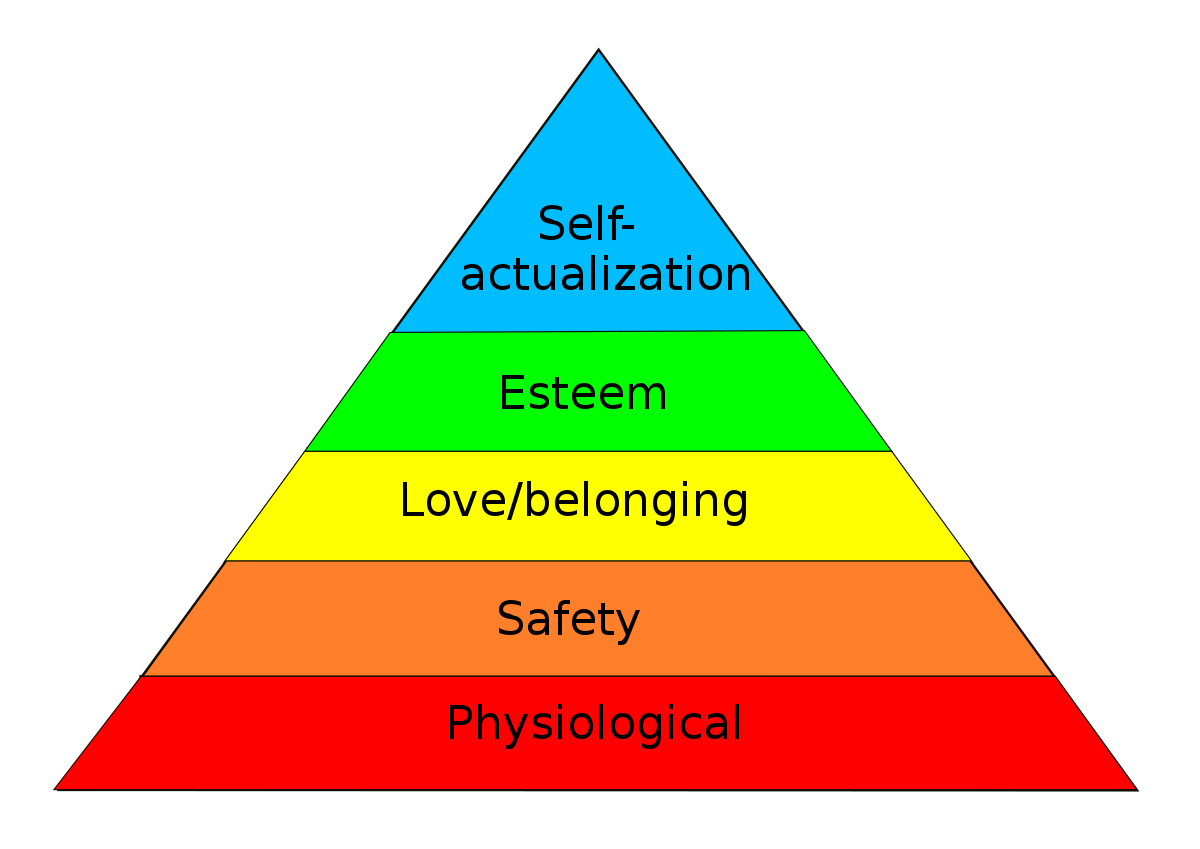With the recent wrap-up of NaPoWriMo for this year, I was very intrigued to discover a poetry thread titled 'cheap cheap software' in my amble through the NaPo forum.
This thread was created by a forum spammer at the start of April, containing a post very on-theme with its poetry thread title, yet unconventional in its poetic style. All the same, it was deemed poetic enough to be given an encouraging comment before being deleted by @alliyah, a YWS moderator who deals with these things. Yet when this spam thread wasn't fully deleted because of the comment, alliyah decided to write a second set of secret NaPo poems within it, focusing on these questions:
What is poetry? What isn't poetry? How do we decide this? Should we see things differently?
I super encourage anyone to check out this cheap cheap software poetry thread, because it brings up some great musings and questions for this discussion c:
Can a spambot be a poet? Does poetry need to be constructed of words, or can it be as abstract as the shape of an ear, or an oil spill blocking off a main road?
I'd love to hear people's thoughts and ideas on this topic!







Gender:
Points: 2387
Reviews: 92